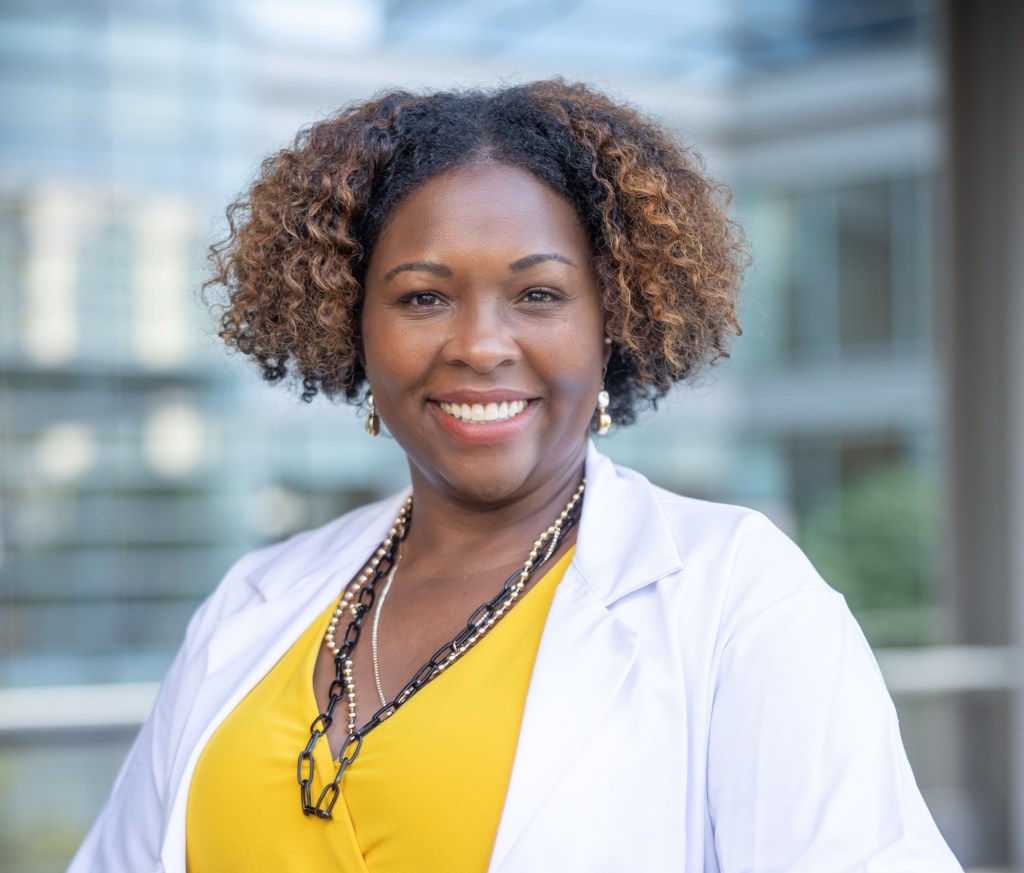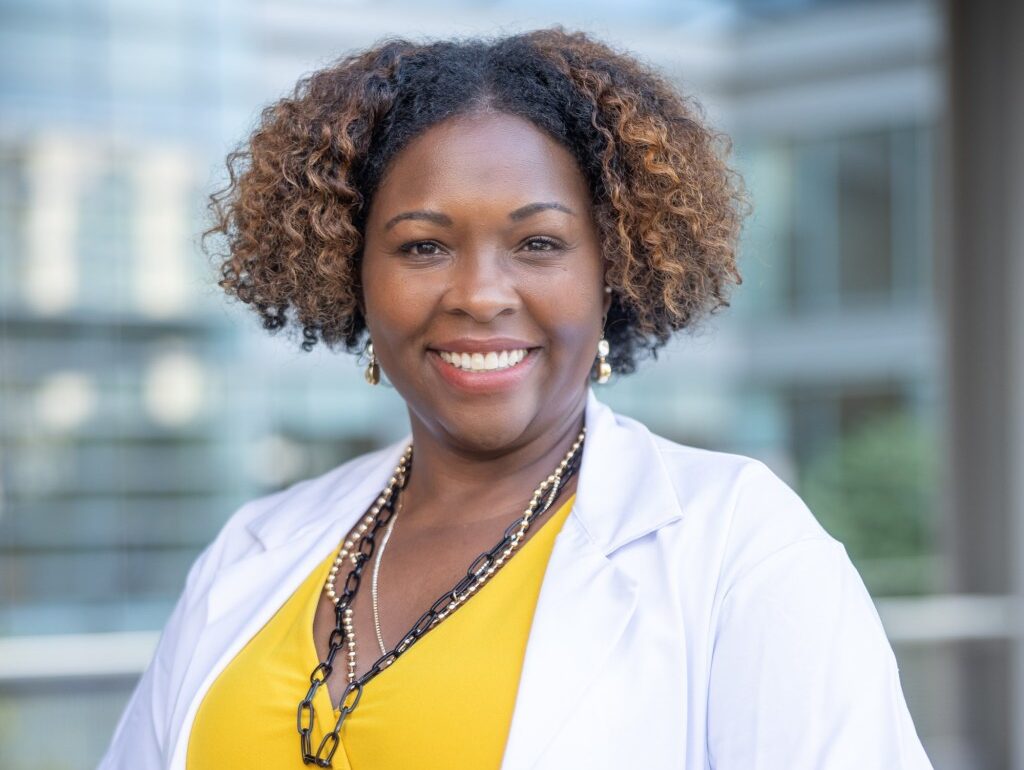
I recently attended a private reception where university leaders, elected officials, including school district leaders, convened to discuss regional challenges facing San Diego. During the event, I noticed a woman eyeing me quizzically. I saw her approaching me at the end of the reception. I turned towards her and smiled, ready to introduce myself, when she abruptly stated, “I thought those roles were eliminated. How are you still here?”
I was speechless. No introduction. No greeting. Her question felt more like an accusation.
She appeared to be responding to my name badge which indicated my role as a physician and health equity, diversity and inclusion leader at a local health system.
Her words triggered a complex emotional response within me from shock to anger, and highlighted the current assault on diversity, equity, and inclusion (DEI) initiatives. Many roles like mine have been eliminated as universities and companies have dropped their commitment to DEI, and federal funding for DEI research is in jeopardy.
As a Black woman physician from the South, I am accustomed to having my merit questioned, but this felt different. Which aspects of my identity was she questioning? My Blackness? My gender? My qualifications as an executive leader? My merit as a federally funded health equity researcher? I reflected on my personal and professional identities and juxtaposed them against the list of target words now on the chopping block. Her casual dismissal was a threat to everything I stand for.
For over 20 years, I’ve worked to advance equity and opportunity through by conducting impactful research to address cardiovascular health disparities, caring for patients as a primary care doctor, working with community and faith-based organizations to advance health of communities, and training the next generation of physicians and scientists.
“How are you still here?” was simultaneously an indictment and a guilty verdict. Never before have I felt threatened across multiple aspects of my very existence, at the same time.
To say that we are living in “unprecedented times” is an understatement. Change is happening at a frenetic pace. In the midst of uncertainty and turmoil, I offer three reflections to encourage institutions to remain steadfast in their commitment to advancing equity and opportunity for all.
First, health equity and DEI are not the same and they are not political concepts. Health equity is rooted in data and science. Health inequities cost the U.S. economy over $450 billion today and those costs could skyrocket to over $1 trillion in 2040 if unaddressed. Eliminating health inequities is not only a moral imperative, but an economic necessity.
Second, equity is about removing barriers and providing opportunities for everyone to survive and thrive. The pursuit of better opportunities is what drew the founding fathers, immigrants themselves, to this country. Talent is equally distributed in the population — opportunity is not. Only 5.7 % of U.S. doctors are Black, which is about half of the percentage of the U.S. Black population. DEI is an intentional approach to maximizing the talent pool in the U.S. This matters because research consistently shows that a more diverse health care workforce is better for patients, health care providers, communities and the financial performance of hospitals.
Third, many institutional challenges stem from challenges with organizational culture and how it creates unfair advantages for some people and unfair disadvantages for other people. Transformative culture change is central to advancing equity and opportunity. Equity professionals have the knowledge, skills and expertise to lead this transformation. We must maintain our investment in both the work and the people leading it.
Martin Luther King Jr. famously said, “The arc of the moral universe is long, but it bends towards justice.” Though progress toward a “more perfect union” may feel stalled, I believe justice will prevail.
So, yes, I am still here, fully committed to advancing justice, equity, inclusion and belonging for all.
Cené, M.D. is a professor of medicine at UC San Diego and lives in San Diego County.
Originally Published:


